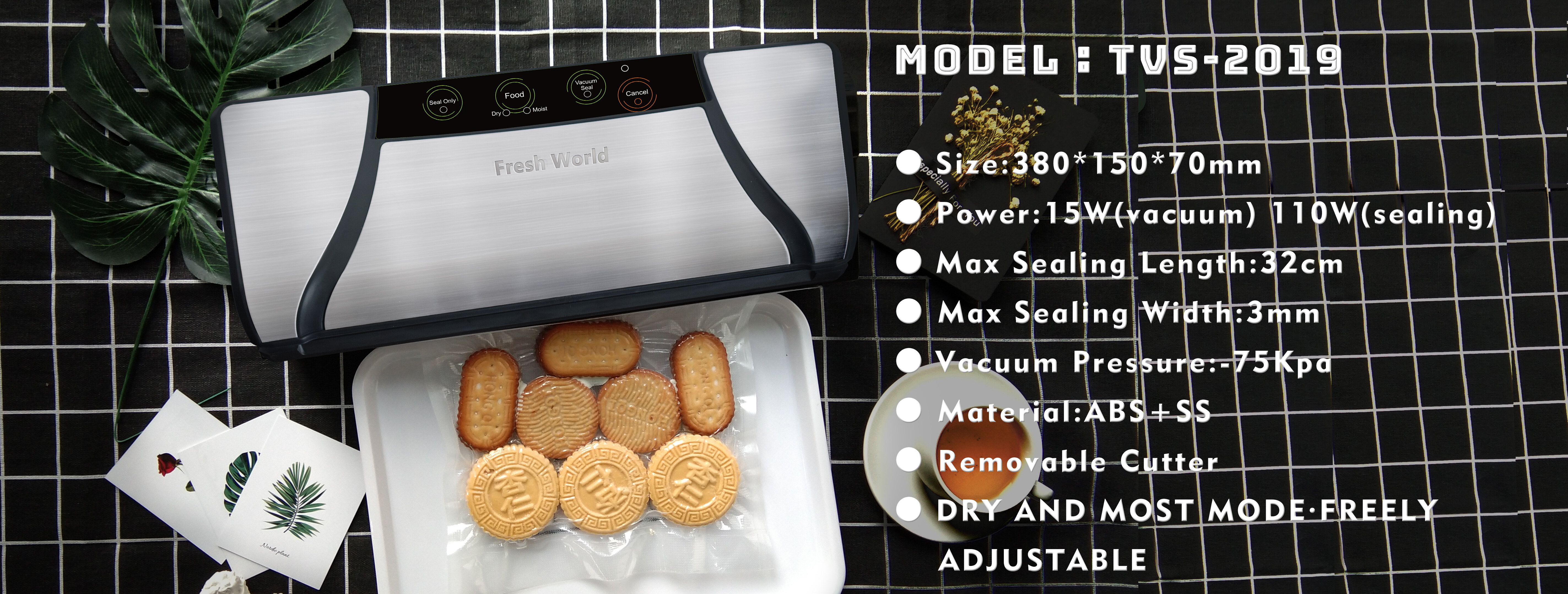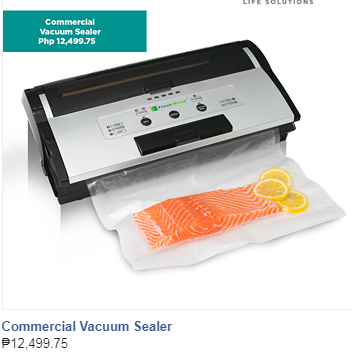The Future of Chicken Packaging: Innovations in Vacuum Packing Machines
In the food industry, packaging plays a crucial role in ensuring the safety, quality, and shelf life of products. When it comes to chicken, proper packaging is even more important due to its perishable nature. Vacuum packing machines have been widely used to streamline chicken packaging, but what does the future hold for this technology? In this blog post, we will explore the innovations in vacuum packing machines that are shaping the future of chicken packaging.
Intelligent Packaging Systems
One of the key innovations in vacuum packing machines is the integration of intelligent packaging systems. These systems utilise sensors and data analysis to monitor and control the packaging process. For example, sensors can detect the presence of oxygen or other gases inside the packaging and adjust the vacuum level accordingly. This ensures that the chicken is packaged in an optimal environment, maximising its shelf life and quality.
Modified Atmosphere Packaging
Modified Atmosphere Packaging (MAP) is another innovation that is revolutionising chicken packaging. MAP involves replacing the air inside the packaging with a modified atmosphere, typically a mixture of gases such as nitrogen, carbon dioxide, and oxygen. This controlled atmosphere helps to inhibit the growth of bacteria and extend the shelf life of the chicken. Vacuum packing machines equipped with MAP capabilities allow for precise control of the gas composition, ensuring optimal conditions for the chicken.

Active Packaging
Active packaging is an emerging trend in the food packaging industry, and vacuum packing machines are being adapted to incorporate active packaging features. Active packaging refers to packaging materials that interact with the food to improve its quality and safety. For example, antimicrobial films can be incorporated into the vacuum-sealed packaging to inhibit the growth of bacteria and extend the shelf life of the chicken. Other active packaging technologies, such as oxygen scavengers or moisture absorbers, can also be integrated into the packaging process to further enhance product quality.
Sustainable Packaging Solutions
As sustainability becomes a top priority in the food industry, vacuum packing machines are being developed with a focus on eco-friendly packaging solutions. This includes the use of biodegradable or compostable packaging materials as well as the reduction of packaging waste. Vacuum packing machines are being designed to optimise packaging material usage, minimising the amount of plastic or other materials required. Additionally, advancements in recycling and waste management technologies are being integrated into the packaging process to ensure that packaging waste is properly handled and recycled.
Automation and Robotics
The future of chicken packaging also lies in automation and robotics. Vacuum packing machines are being equipped with advanced robotics systems to automate the packaging process. This not only increases productivity and efficiency but also reduces the risk of human error. Robotic systems can handle tasks such as loading and unloading the chicken, adjusting the packaging settings, and even performing quality control checks. This level of automation allows for faster and more consistent packaging, ensuring that the chicken reaches consumers in optimal condition.
In conclusion, the future of chicken packaging is being shaped by innovations in vacuum packing machines. Intelligent packaging systems, modified atmosphere packaging, active packaging, sustainable packaging solutions, and automation are all driving the evolution of this technology. As the demand for safe, high-quality, and sustainable chicken continues to grow, vacuum packing machines will play a crucial role in meeting consumer expectations and ensuring the success of the poultry industry.



